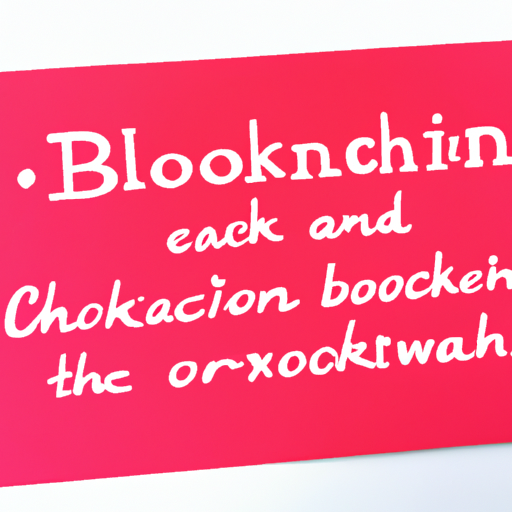In an age where consumers are increasingly demanding transparency in what they purchase, blockchain technology is stepping up to meet this expectation. With its ability to provide secure, immutable records, blockchain is proving to be a game-changer for enhancing provenance within the supply chain. This is crucial not just for food safety but also for ensuring authenticity and sustainability in products.
What is Blockchain Provenance?
Blockchain provenance refers to the use of blockchain technology to trace the origin and journey of products through the supply chain. By recording every transaction and movement along the chain, stakeholders can easily verify the authenticity and quality of products. This is especially beneficial in industries like food and textiles, where the integrity of the product is paramount.
Enhancing Transparency and Trust
One of the primary advantages of implementing blockchain for provenance is enhanced transparency. Every participant in the supply chain, from producers to consumers, can access a tamper-proof ledger that details every transaction associated with a product. This level of transparency fosters trust among consumers, helping brands build loyalty and establish credibility.
The Role of Blockchain in Food Safety
Blockchain technology is transforming food safety by allowing real-time tracking of food products from farm to fork. In cases of contamination, producers can quickly identify the source, enabling faster recalls and minimizing health risks. For example, companies like Walmart have adopted blockchain to trace the origin of produce within seconds, demonstrating a proactive approach to food safety.
Commitment to Sustainability
As consumers become more conscious of their choices, the demand for sustainable products is surging. Blockchain provides a platform for companies to showcase their sustainability practices, such as ethical sourcing and environmentally friendly production processes. By documenting these practices on an immutable ledger, brands can effectively communicate their commitment to sustainability, attracting eco-conscious consumers.
Challenges and Future Opportunities
While the potential for blockchain in supply chain provenance is immense, challenges such as scalability, interoperability, and regulation remain. However, as technology evolves and more industries recognize its benefits, these challenges can be addressed. The future of supply chain transparency looks promising, with blockchain positioned as a leading solution.
Conclusion
In summary, blockchain for provenance offers a revolutionary approach to ensuring transparency, authenticity, and sustainability in the supply chain. As more businesses adopt this technology, consumers will be empowered to make informed purchasing decisions, leading to a more trustworthy marketplace. The integration of blockchain in provenance is not just an innovation; it is a necessity in today’s ethical consumer landscape.




